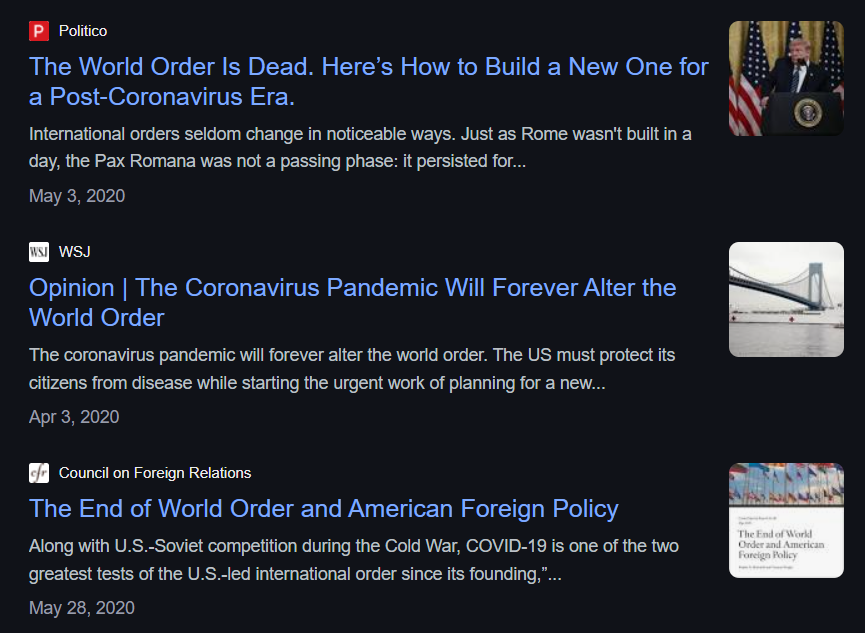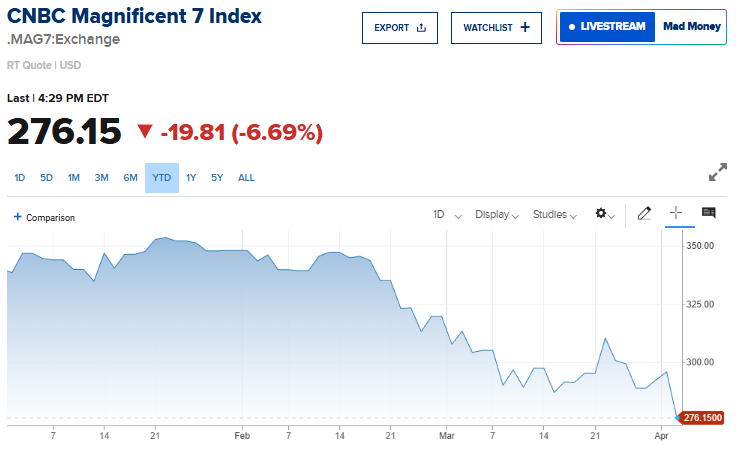Economic Depression Is Possible, But Not Likely
Before the Kurzweil Rate of Change sped things up, here are the generally accepted definitions an economic recession vs. an economic depression:
A recession is the contraction phase of the business cycle. The National Bureau of Economic Research (NBER) describes it this way:
‘A recession is a period of decline in total output, income, employment and trade, usually lasting six months to a year and marked by widespread contractions in many sectors of the economy.’
On the other hand, a depression is a prolonged period of economic recession marked by a significant decline in income and employment, usually measured in years, not months.
By these definitions, the US has been through 33 recessions since 1854. And one depression, the Great Depression of the 1930s.
With money moving instantly around the world to the most efficient places for it to grow, with the ability for all people in the developed world to always be online, with artificial intelligence gaining traction in society and starting to change the world even more — I’m not sure these definitions are accurate anymore. The world goes through booms and busts faster than it used to and the markets try to price those booms and busts in faster than it used to.
So what are living through right now as the Coronavirus Crisis causes society to stop all physical interactions and all the economic activity that goes to support and enable those physical interactions? It’s not quite a depression unless it lasts, let’s call it, at least a year. And the question for anybody buying or selling a stock today is whether or not in a year from now, earnings will be back to where they were pre-Coronavirus Crisis. Will anybody be able to grow earnings next year? 2020 is going to see a global recession, harshly taking revenues down 20-50% for most companies in the world and 50-90% for some companies that depend on physical human interactions.
How do we avoid an economic depression if revenues in service industries are going to be down 50% or more for the next 90 days at least?
Perhaps the biggest question is whether people will mostly resume living their old lives in the same way they used to. Going to concerts, going to sporting events, getting facials, getting massages, getting haircuts, going to the dentist, going to bars, hooking up on online dating services, and so on. I don’t like to go to stadiums and I have never liked being in a crowd, so I’m not sure why people wanted to do those things anyway. I’ll ask each of you reading this — will you go back to sit in a crowded theater, stadium or cousin’s wedding in a year from now?
Meanwhile, right now, people are worried about where their kids are going to spend the next three weeks and whether or not they will have toilet paper in their house in a month. It’s like we just realized how much of what we take for granted in this consumer economy, not to mention in health care, are much more fragile than we realized.
The markets are mini-crashing again today, giving back all the gains from Friday’s close that featured panicky buying. I don’t think the selloff will magically end today, but I do like the fact that we get the chance to nibble on some of our stocks at lower levels again, but I won’t be too aggressive about the buying just yet. I’ll cover a little bit of some of our index shorts again today and might nibble on some names like FB, AMZN, GOOG and ROKU, especially if they fall another 10% below their recent lows. Most of our stocks are mostly opening up at about the same lows they hit last week, so I’m not making much of a move with buying until they fall below those levels from last week.
There are no easy answers here. Be careful. Keep some hedges on. Keep some room to buy more lower. Take care of your family.
Here’s something to keep in mind as you go through today in your life and with your portfolio — the Kurzweil Rate of Change:
What happens if it all works out? Even if it doesn’t work out, how low will we go and how long will we be there? I’ve talked for years (ironically) about how the economic/stock market bubbles and busts that we live through run on ‘Internet time’ which means they happen much more quickly than in decades past. Reading Ray Kurzweil’s The Singularity Is Near has helped me understand that I shouldn’t call this concept ‘Internet time’ because that’s a bit too limited of an explanation for it. The fact is that mankind itself, our society specifically, is growing our innovation, prosperity and economies exponentially. And if there will be billions of times more technological advances in the next few decades as there was for the first few millions of years of mankind’s existence, then you can imagine that the ups and downs and bubbles and crashes will play out many times in the next few decades but that the general trend of technology, society, the economy and the most Revolutionary Stocks in the markets, will all be quite hockey stick up over those next few decades.



